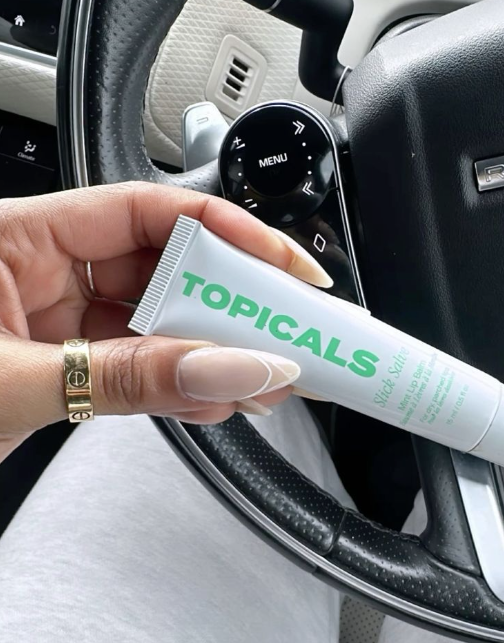 March 20th is officially the first day of spring this year. Since I live in a warmer climate, thoughts of spring and summer weather have been on my mind for several weeks. One question in particular has plagued me since last summer and today I decided to do my research to see what I could uncover. The question is this, "does high humidity weather have adverse effects on my hair?" Where I live, I'm subjected to 100% humidity day after day in the summer time. Even though we're still in the month of March, the humidity levels in my city today is expected to reach 80%. For years it's been more of a nuisance to me than anything else but recently I've asked myself, "could there be more to this humidity thing?'
March 20th is officially the first day of spring this year. Since I live in a warmer climate, thoughts of spring and summer weather have been on my mind for several weeks. One question in particular has plagued me since last summer and today I decided to do my research to see what I could uncover. The question is this, "does high humidity weather have adverse effects on my hair?" Where I live, I'm subjected to 100% humidity day after day in the summer time. Even though we're still in the month of March, the humidity levels in my city today is expected to reach 80%. For years it's been more of a nuisance to me than anything else but recently I've asked myself, "could there be more to this humidity thing?'Not too long ago I received an email question from a reader of this blog. In it she mentioned how her hair seems to do better when flat ironed weekly that if she wore braid outs etc. My response to her was that it likely had to do with the "sealing" that occurred when she flat ironed which kept the cuticle layer down and frizz at bay. Little did I know, at that time, how detrimental frizz actually is to the hair.
From my search I learned that the hair strand tends to quickly absorb the water particles from the air in a high humidity environment. Logic would tell you that's a good thing but that's far from the truth. In actuality, a study done in 2007 determined that the more water content inside the hair (from a high humidity environment) the less hydrogen bonding occurs and the hair becomes less elastic. In the study, they also found that bleached hair absorbed more water than virgin hair. For all intents and purposes, let's also classify relaxed hair in the same category as highly porous hair and likely to absorb moisture at greater levels.
So wouldn't the ability to absorb moisture at higher levels be a good thing? Not necessarily. Porous hair can take in so much water that the hair follicle actually becomes swollen. According to the study published in the cosmetic Journal of Cosmetic Science, the absorbed water molecules break and replace hydrogen bonds inside the hair. Since, these hydrogen bonds are responsible for 50% of the hair elasticity, more absorbed water means less elastic hair which could mean more breakage. That's why they say "wet hair is more susceptible to breakage." Oh, by the way, this intense swelling could also raise the cuticle layer which is why the hair feels so rough in high humidity conditions. Rough, brittle and porous hair is the perfect recipe for breakage so now we have to create a plan to combat the effects of humidity before the summer gets here.
When I checked online for possible solutions, over and over again I was told to reach for silicone based products. While I do agree that silicones offer a beneficial barrier against moisture, I wonder if there could be a better way. So my next step in this process is to look at some alternative actions I can do help minimize the the adverse effects of humidity. I'll discuss more in detail on a follow up post. Stay tuned........






Thank God. This came along at the perfect moment.
ReplyDeleteHeads up! Long comment:
I myself was planning on writing you an email of how I "fell off the wagon". I've been living in Malaysia fora year now and the humidity is insane. *wrings hair out* for most of this time, my hair was frizzy, rough, and not presentable. i had been on my hair journey for about 2 years and was trying to keep on track with airdrying attempted air dry roller sets etc. (i am a student have no space or money for a hooded dryer)
This year i just couldn't take it anymore. i was tired of having messy frizzy hair everyday on campus. so I have resorted to flat ironing my hair every week after every wash. I feel horrible everytime i do because i know how damaging direct heat is. But i just don't know how to deal with this humidity :(